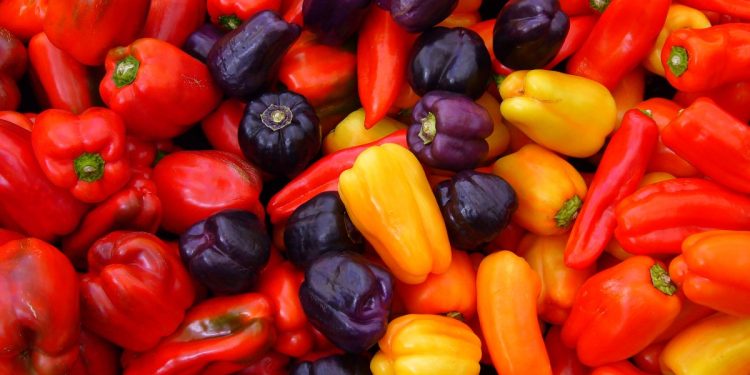Capsicum, commonly known as pepper, is a popular vegetable crop cultivated for its fruit. It is widely consumed and can be used in various culinary applications, making it a profitable crop for farmers. In this article, we will explore some tips for boosting Capsicum production.
According to the Food and Agriculture Organization of the United Nations (FAO), Capsicum is one of the most widely cultivated crops in the world, with over 25 million tonnes produced annually. The crop is a good source of vitamins A, C, and E, as well as antioxidants that are beneficial to human health. Capsicum is also a good source of income for farmers, as it has a high demand in both local and international markets.
To achieve high yields of Capsicum, farmers should consider the following tips:
- Soil preparation: Capsicum grows well in well-drained, fertile soil with a pH of 6.0 to 6.5. Before planting, the soil should be tested and any nutrient deficiencies corrected through the application of fertilizers and organic matter.
- Crop rotation: Capsicum should not be grown in the same field for consecutive years as this may lead to soil-borne diseases and pests. Crop rotation with non-solanaceous crops such as legumes, cereals, and brassicas can help break disease cycles and improve soil fertility.
- Pest and disease management: Capsicum is susceptible to a range of pests and diseases, including aphids, thrips, and powdery mildew. Farmers should adopt integrated pest management strategies that involve the use of resistant varieties, cultural practices such as crop rotation and sanitation, and chemical control where necessary.
- Irrigation and fertilization: Capsicum requires consistent moisture and adequate nutrients for optimal growth and yield. Farmers should ensure adequate irrigation and fertilization using a balanced fertilizer containing nitrogen, phosphorus, and potassium.
In conclusion, Capsicum (pepper) is a highly valuable vegetable crop that can be profitable for farmers if properly managed. Soil preparation, crop rotation, pest and disease management, and adequate irrigation and fertilization are essential for boosting Capsicum production. By following these tips, farmers can increase their yields, profitability, and contribute to meeting the growing demand for this crop in the local and international markets.
#Capsicum #Pepper #VegetableCrops #Agriculture #Farming #CropProduction #IntegratedPestManagement #SoilFertility #Irrigation #Fertilization












